The Resistible Rise of Arturo Ui, subtitled "A parable play", is a 1941 play by the German playwright Bertolt Brecht. It chronicles the rise of Arturo Ui, a fictional 1930s Chicago mobster, and his attempts to control the cauliflower racket by ruthlessly disposing of the opposition. The play is a satirical allegory of the rise of Adolf Hitler and the Nazi Party in Germany prior to World War II.
Cecil Antonio Richardson was an English theatre and film director, producer and screenwriter, whose career spanned five decades. He was identified with the "angry young men" group of British directors and playwrights during the 1950s, and was later a key figure in the British New Wave filmmaking movement.

John James Osborne was an English playwright, screenwriter, actor, and entrepreneur, who is regarded as one of the most influential figures in post-war theatre. Born in London, he briefly worked as a journalist before starting out in theatre as a stage manager and actor. He lived in poverty for several years before his third produced play, Look Back in Anger (1956), brought him national fame.

Peter MacNicol is an American actor. He received a Theatre World Award for his 1981 Broadway debut in the play Crimes of the Heart. His film roles include Galen in Dragonslayer (1981), Stingo in Sophie's Choice (1982), Janosz Poha in Ghostbusters II (1989), Gary Granger in Addams Family Values (1993), Renfield in Dracula: Dead and Loving It (1995), and David Langley in Bean (1997).

Sir David Rippon Hare is an English playwright, screenwriter and theatre director. Best known for his stage work, Hare has also enjoyed great success with films, receiving two Academy Award nominations for Best Adapted Screenplay for writing The Hoursin 2002 and The Reader in 2008.

Glengarry Glen Ross is a play by David Mamet that won the Pulitzer Prize in 1984. The play shows parts of two days in the lives of four desperate Chicago real estate agents who are prepared to engage in any number of unethical, illegal acts—from lies and flattery to bribery, threats, intimidation and burglary—to sell real estate to unwitting prospective buyers. It is based on Mamet's experience having previously worked in a similar office.
Howard John Brenton FRSL is an English playwright and screenwriter, often ranked alongside contemporaries such as Edward Bond, Caryl Churchill, and David Hare.
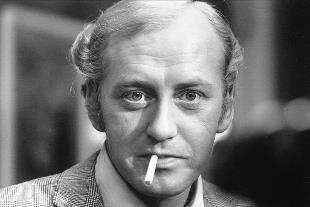
Thomas Nicol Williamson was a British actor. He was once described by playwright John Osborne as "the greatest actor since Marlon Brando". He was also described by Samuel Beckett as "touched by genius" and viewed by many critics as "the Hamlet of his generation" during the late 1960s.
Norman Frederick Simpson was an English playwright closely associated with the Theatre of the Absurd. To his friends he was known as Wally Simpson, in comic reference to the abdication crisis of 1936.
Douglas William Hodge is an English actor, director and musician. He has had an extensive career in theatre, as well as film and television where he has appeared in Robin Hood (2010), Legends of Oz: Dorothy's Return and Diana, Penny Dreadful (2016), Catastrophe (2018), Joker and Lost in Space, and The Great (2020–2023).

Jill Townsend is an Anglo-American actress best known for her roles as Elizabeth Chynoweth in Poldark and Dulcey Coopersmith in the 1967 western television series Cimarron Strip.
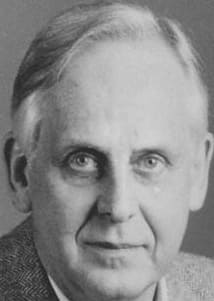
Michael Howell Blakemore AO OBE was an Australian actor, writer and theatre director who also made a handful of films. A former Associate Director of the National Theatre, in 2000 he became the only individual to win Tony Awards for Best Director of a Play and Musical in the same year for Copenhagen and Kiss Me, Kate.
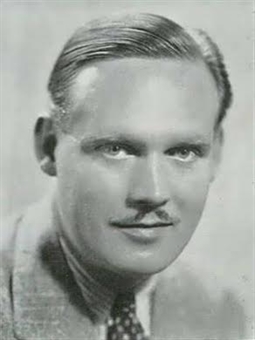
Cyril William North Raymond MBE was a British character actor. He maintained a stage and screen career from his teens until his retirement, caused by ill health, in the 1960s.
I Hate Hamlet is a comedy-drama written in 1991 by Paul Rudnick.
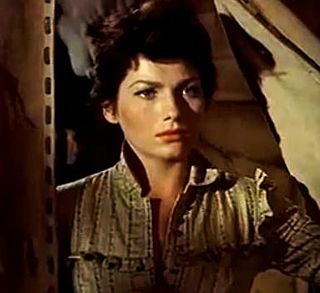
Valerie French was an English film and stage actress whose career began in 1954.
A Better Class of Person (1981) is an autobiography written by dramatist John Osborne and published in 1981. Based on Osborne's childhood and early life, it ends with the first performance of Look Back in Anger at the Royal Court Theatre in 1956. The book emphasises his warm relationship with his father Thomas, and his antagonistic relationship with his mother Nellie Beatrice, which deepened to hatred after his father died when John was young. A sequel, Almost a Gentleman, was published in 1991.
Anthony Page is a British stage and film director.

Epitaph for George Dillon is an early John Osborne play, one of two he wrote in collaboration with Anthony Creighton. It was written before Look Back in Anger, the play which made Osborne's career, but opened a year after at Oxford Experimental Theatre in 1957, and was then produced at London's Royal Court theatre, where Look Back in Anger had debuted. It transferred to New York City shortly afterwards and garnered three Tony Award nominations.
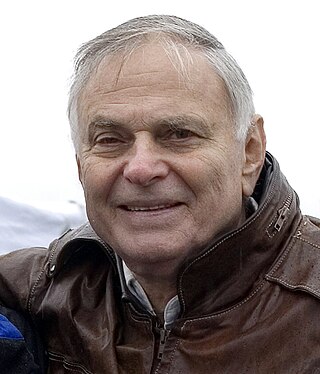
Norman Twain was an American film and theatre producer.
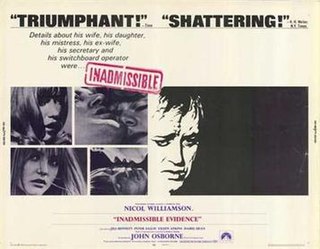
Inadmissible Evidence is a 1968 British drama film directed by Anthony Page and starring Nicol Williamson and Jill Bennett. John Osborne wrote the screenplay, adapting his own 1964 play Inadmissible Evidence. The film portrays the collapse of an angry but sad man who cannot maintain decent standards in his life and antagonises everybody. As with other Osborne plays, it is possible to see his descent as representative of his class, culture and nation.












